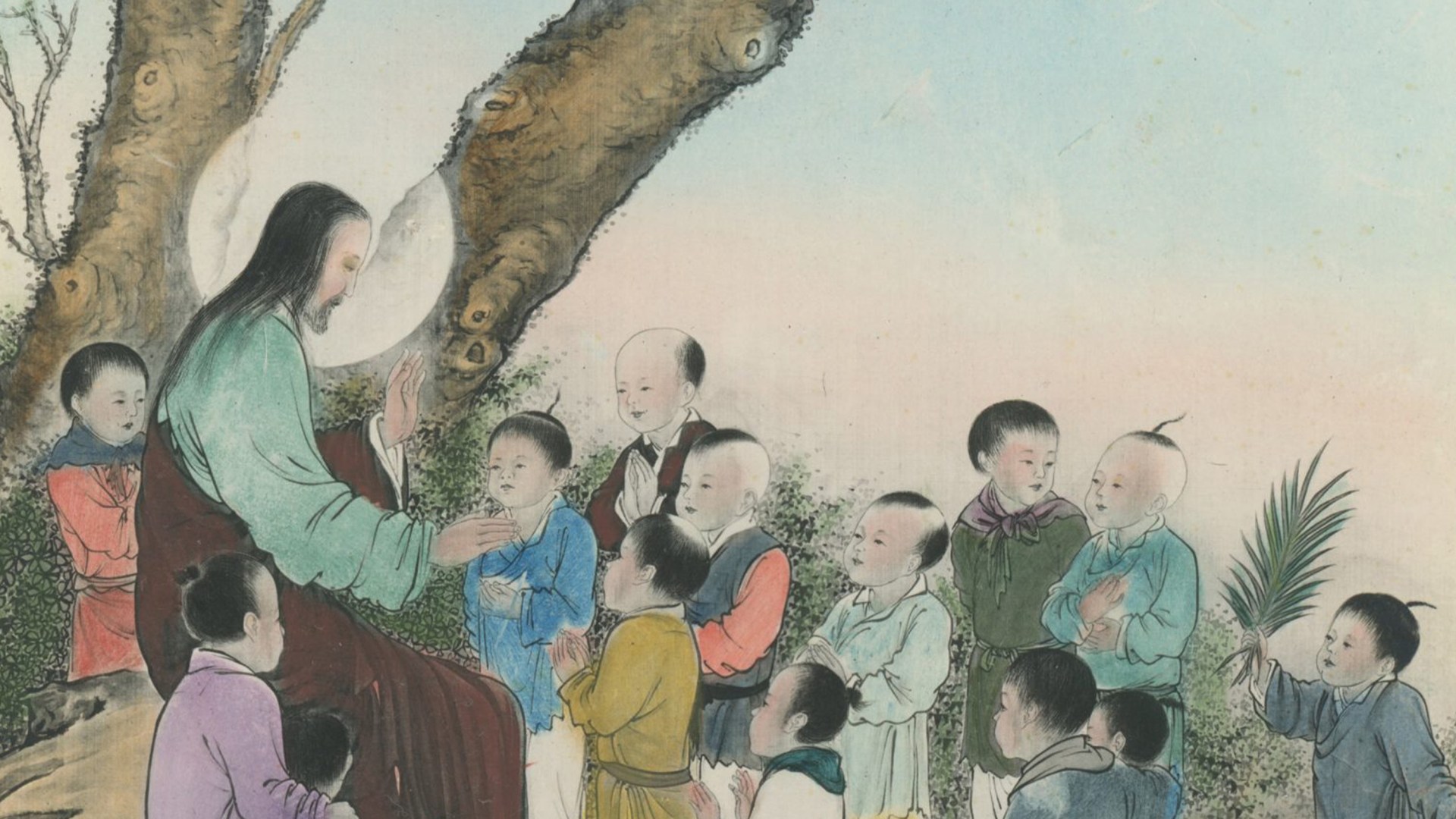The following books are selected by Fenggang Yang, a professor of sociology and the founding director of the Center on Religion and the Global East at Purdue University. He is the author of Chinese Christians in America: Conversion, Assimilation, and Adhesive Identities, Religion in China: Survival and Revival under Communist Rule, and Atlas of Religion in China: Social and Geographical Contexts.
The word Sinicization usually means assimilation into Chinese culture, particularly the language, social norms, customs, and ethnic or national identity of the Han majority in China proper.
This term can be confusing with the religious policy of the current Chinese Communist Party (CCP) general secretary, Xi Jinping, who since 2017 has made Zhongguo hua (中国化)—usually translated by Western media and academia as “Sinicization”—his distinct characteristic.
But the translation is inaccurate and misleading. The primary goal of Zhongguo hua is political domestication. For example, the current policy requires Daoism, the only one of the officially recognized religions to originate in China, to go through Zhongguo hua as well, clearly showing that the policy is not about assimilation into Chinese culture but about ensuring submission to the CCP. For this reason, I suggest “Chinafication” as the translation of the current religious policy of Zhongguo hua.
Below are five books about the Sinicization of Christianity that I recommend. Only the first book deals with the current policy campaign of Chinafication. The other four books are indeed on Sinicization—cultural assimilation, social indigenization, and theological contextualization of Christianity in China. Many books exist on Nestorian, Catholic, or Protestant adaptations to Chinese social and cultural contexts. These four more recent ones are good readings for learning about Chinese Christianity today.
The Sinicization of Chinese Religions: From Above and Below, edited by Richard Madsen
This volume addresses questions about the current policy of the CCP toward religions, including Christianity, Confucianism, Buddhism, Islam, and new religions that China officially labels as xiejiao (“evil cult”). In the introduction, Richard Madsen distinguishes Sinicization from above and below, arguing that the Sinicization from below, as initiated by believers, has been happening all along, whereas the Sinicization from above, as campaigned by the state, has always had a particular political agenda of the ruling party.
Redeemed by Fire: The Rise of Popular Christianity in Modern China, by Xi Lian
This book provides a historical account of major Chinese Christian sects, homegrown or indigenous, and spread mainly in rural areas. These groups have adopted traditional Chinese folk religious practices, and many are either heretical or borderline creedal Christianity. According to the author’s assessment, these groups represent the pitfalls of experimenting with indigenization or Sinicization.
Faithful Disobedience: Writings on Church and State from a Chinese House Church Movement, edited by Hannah Nation and J. D. Tseng
This book is a compilation of sermons and writings by pastor Wang Yi and some other urban house church leaders. Wang Yi has been jailed since December 9, 2018, amid the intensified government crackdown on Christianity. As part of the house church or jiating church movement that traces its origin to Wang Mingdao (1900–1991), who resisted the Chinese Communist co-option of Christianity in the 1950s, urban jiating churches have flourished in China since the 1990s. Their leaders contextualize the universal Christian gospel and directly respond to the social, cultural, and political contexts. This meaning-making endeavor effectively appeals to the contemporary Chinese while being firmly anchored in Protestant theological traditions.
Chinese Theology: Text and Context, by Chloë Starr
This book analyzes the writings of key Chinese Christian thinkers in modern China, including philosophical dialogues of the late imperial era around the turn of the 20th century, theological reflections amid wars and social turmoil in the period of the Republic of China on the mainland in the 1910s to 1940s, and sermons and blogs in the 21st century. The author’s reading of the Chinese texts in their original literary forms and social and cultural contexts is illuminating. The book heralds the maturation of distinctively Chinese theologies.
Studying Christianity in China: Constructions of an Emerging Discourse, by Naomi Thurston
This book makes an excellent introduction to Christian studies in Chinese academia since the 1980s. Although religious activities are restricted to certain venues by the CCP policy, Christian notions and ideas have still spread on university campuses and in the larger society. Through interviews with leading scholars in China’s higher education institutions (universities and social science academies), Thurston documents the development of Christian philosophy and theology by Chinese academics who have contributed to the growing interest in Christianity among intellectuals in China.












